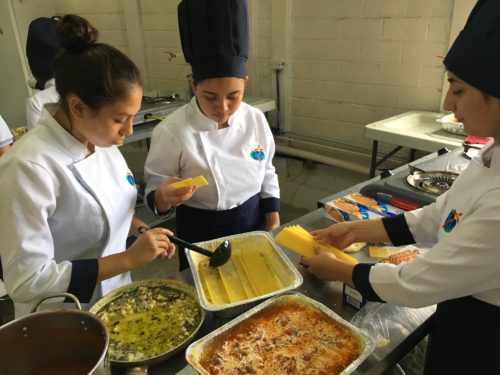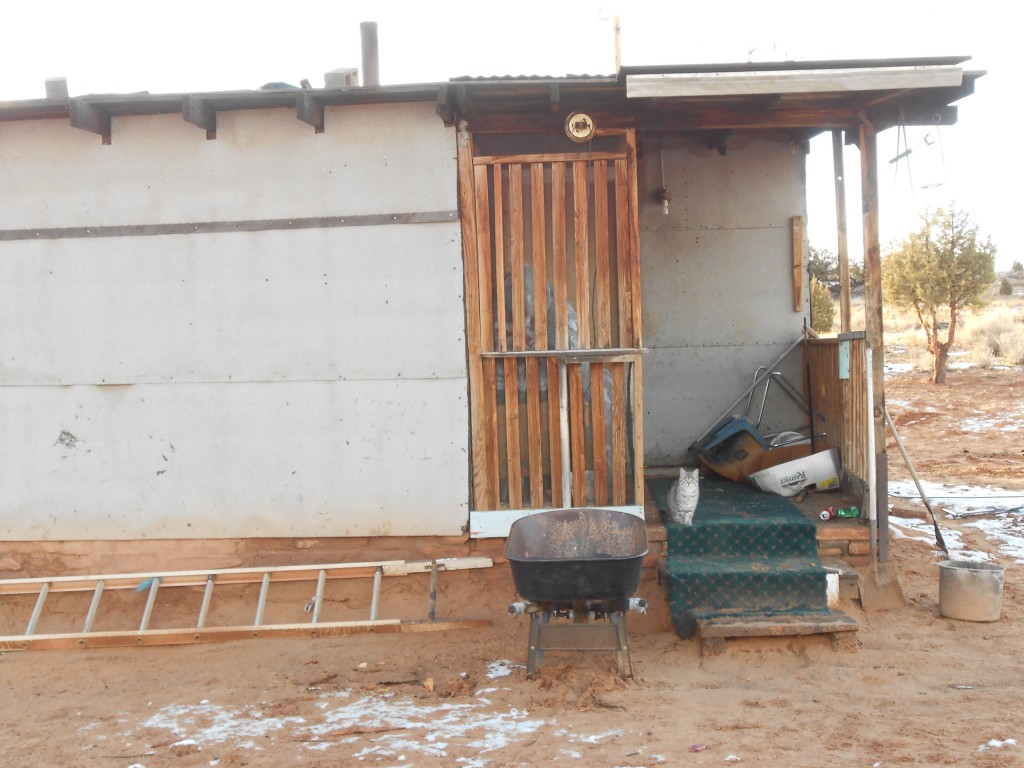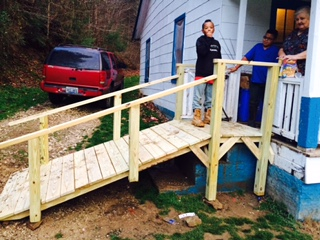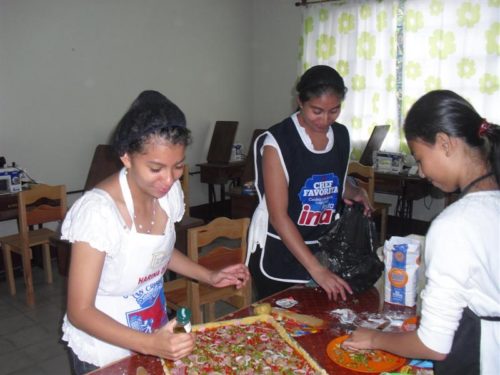Children Incorporated works in collaboration with the Father Andeweg Institute for the Deaf (FAID) in Riad El Solh Beirut, Lebanon.
Among the students who attend this school are many Syrian child refugees who have been hearing-impaired since birth. Their families must face the enormous challenge of adequately accommodating the special needs of a deaf child while fleeing their home country in search of safety.
 The need for more sponsors
The need for more sponsors
These refugee households are particularly lacking, since without any support from the Lebanese government because of their immigration status, it is incredibly difficult for them to provide their children with the equipment, care, and nutrition they need to get an education. More child refugees continue to enroll in the Children Incorporated program
at the school, so your support is very desperately needed.
Through our association with the FAID and the generosity of our sponsors and donors, many children are already receiving medical and psychological care, food, speech therapy lessons and clothing. The need is still great for so many others, who, if sponsored, would experience a dramatic positive change in their lives. Without support, the odds against children at FAID will continue to be stunting, and they will miss a chance to overcome insurmountable obstacles.
the high cost of helping children
Powerful hearing aids alone cost between $400 and $600 each, and they are essential for a deaf child to have – especially in school. Hearing today will give these kids the promise of a brighter, more vibrant tomorrow – a tomorrow in which they have the potential to succeed, even as refugees.
Additionally, the school needs a generator, equipment for the science lab for making ear molds, materials for the speech and language departments, and school supplies. The estimated cost of fulfilling all of these needs exceeds $15,000.
***
HOW DO I SPONSOR A CHILD IN LEBANON?
You can sponsor a child in Lebanon in one of three ways – call our office and speak with one of our sponsorship specialists at
1-800-538-5381, email us at sponsorship@children-inc.org, or go online to our donation portal, create an account, and search for a child in Lebanon that is available for sponsorship.




 hand and asked, “What does the word ‘sponsor’ mean?”
hand and asked, “What does the word ‘sponsor’ mean?”